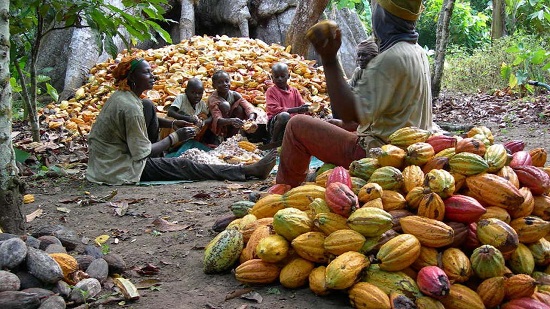To reposition the Nigerian cocoa industry, stakeholders have emphasised the need to increase quality and quantity of beans in the country by deploying new techniques of fermentation, drying and sustainable farming through organic methodologies.
They said increasing land area under cultivation and boosting yield with improved varieties would upscale yearly revenue to $1.1 billion from the present $0.55 billion by 2025.
Speaking on ‘Nigeria Cocoa Economy’ in Lagos, the Director-General of the Nigeria Export Promotion Council (NEPC), Mr Segun Awolowo, lamented that cocoa production in the country still hovers around 245,000 metric tonnes.
The low-level production, he explained, is a result of many factors.
Because the Nigerian cocoa is rated as one of the best in the world, the council said it had intensified efforts towards increasing production by donating improved seedlings and other inputs to cocoa farmers and processors.
“A team of researchers sponsored by the NEPC to the University of California found out that the United States is the world’s largest importer of cocoa beans. However, Nigeria exports represent only 3.3 per cent of that in 2014.
“About 91 per cent of Nigeria’s cocoa in 2016 was exported to the European Union for further processing, and vertical integration of value addition into cocoa butter, powder and liquor could bring additional $150 to $280 million yearly,” he explained.
Contributing, the President of Cocoa Association of Nigeria (CAN), Mr Sayina Riman, urged stakeholders in the cocoa value chain to adhere to rules and regulations in the industry as a means of improving the quality of the produce in the country.
They bemoaned lack of confidence in the sector, stressing that the government should review the agricultural process and introduce irrigation and hybrid seedlings in cocoa production.



